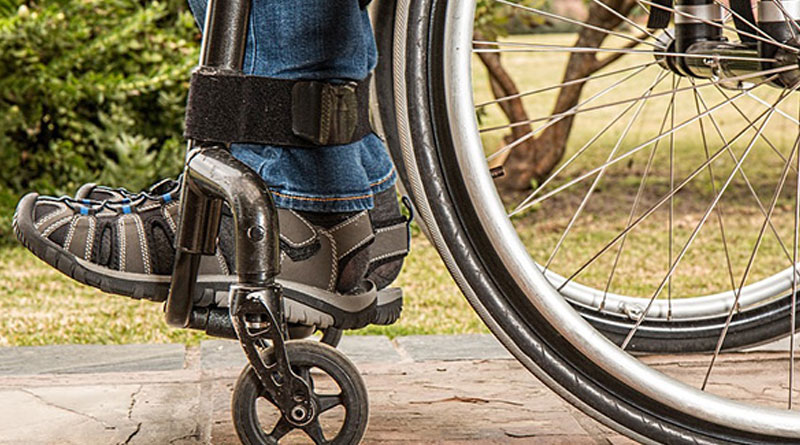“Learning Disabled People Are Being Repeatedly Failed” Say Sector Leaders
Industry bodies have responded to the Equality and Human Rights Commission’s (EHRC) new report on disability rights which found that there has been little to no progress in improving the lives of disabled people over the past few years.
Hft’s CEO, Kirsty Matthews, says:
“Today’s report from the Equality and Human Rights Commission (EHRC) confirms what we already know – not enough is being done to support learning disabled people across the UK to live the life they choose. Whether through a lack of funding or the disappointing National Disability Strategy, learning disabled people are being repeatedly failed by the Government.
“One of the many points raised by the EHRC is that ‘a lack of social care provision has led to acute violations of disabled people’s human rights’. Our Sector Pulse Check research, released in partnership with Care England, corroborates these findings; 42% of social care providers have no choice but to hand back contracts due to funding pressures whilst, last year, one third of all providers surveyed considered closing altogether.
“Providers want to ensure that all learning disabled adults have the right support to live their best life but chronic underfunding, estimated to be around £7 billion each year, has left a catastrophic amount of needs unmet.
“In order to ensure learning disabled adults can continue to access support to live the life they want, and to prevent costly consequences of underfunding, the Government should find a means to sustainably invest in social care in the long term and plug the funding gap. This would go some way to addressing just one of the key findings raised in the report but there is still so, so much work to do.
“How many times do disabled people, charities and other organisations like the EHRC have to raise the alarm before something meaningful is done?”
Sarah White, Head of Policy at national disability charity Sense, said:
“This damning report shines a light on the huge challenges disabled people across the UK face, from poverty to prejudicial attitudes.
“One issue that comes through loud and clear is the lack of social care available to help disabled people to live their lives, with the report saying the situation is so bad that it amounts to ‘acute violations of disabled people’s human rights’. Our recent research shows 1 in 5 (21%) people with complex disabilities who receive support from social care don’t have the right care and support to meet their needs.
“With this new report from the EHRC, our own research and the work of our colleagues at other disability charities, the evidence is stacking up. The government cannot ignore the facts; we need action now to improve the lives of disabled people.”
Dr Rhidian Hughes, Chief Executive of the Voluntary Organisations Disability Group (VODG) says:
‘It is deeply concerning that seven years after the initial findings of the Committee on the Rights of Persons with Disabilities to improve the lives of disabled people across the UK, evidence again finds the government to be failing disabled people.
‘Despite some progress having been made, and the ongoing commitment and efforts of disabled people, their families and those who support them; the Committee rightly highlights many areas of reform, including welfare support, health provision and engagement with disabled people and their organisations, that are severely lacking.
‘As VODG’s Commission on COVID-19, Ableism and Racism recently found, government does not meaningfully engage with disabled people and therefore policy decisions are made that exacerbate rather than address the unacceptable inequalities disabled people face.
‘As a country we must do better. Disabled people have equal rights to live the lives they choose and access the health and other public services they need without challenge. Unless government changes the way it makes decisions to truly include and represent disabled people, it will continue to fail large swathes of the population directly and indirectly effected by disability






